Apple does not allow third-party apps to use the cameras on Apple Vision Pro, and developers are complaining about it.
Apple Vision Pro did not see an iPhone-like explosion of new, dedicated headset apps upon its launch, but by February 2024 there were over 1,000 native apps on the visionOS App Store. It's still very many and while it is still early days, some developers are complaining that they are being restricted by Apple's privacy rules.
Or at least two of them are. But if an account by The Information is light on disgruntled developers who were willing to go on the record, their remarks are backed up by off-the record details from former Apple employees.
So the two developers both complain about the lack of camera access on Apple Vision Pro. Developer Kalani Helekunihi says he hasn't even started on a headset app because of the restrictions.
Specifically, he makes apps for older adults and for people with disabilities. He hoped to be able to use the camera to log in users by looking at a barcode.
Helekunihi also wants to build an app that will have the Apple Vision Pro audibly describe surroundings for people with vision impairments. Camera access is allowed for Apple's own apps, and Helekunihi has been able to use the cameras on the iPhone, just not the Apple Vision Pro.
"So many things that we've become accustomed to doing with a cellphone simply [are not] possible within XR devices because of nebulous privacy fears," he told The Information.
Similarly, Antony Vitillo would like to bring a native version of his MetaQuest game HitMotion: Reloaded to the Apple Vision Pro. He wants to use the camera so that HitMotion can feature real-world items, such as punching bags.
"People are doing a lot of experiments with AI and mixed reality," said Vitillo. "The mixture of the two would be great, especially on the Vision Pro, as it's a premium device and should have premium features."
"I think it would be a really great way to unlock more of its functionality," he continued.
Apple's deliberate decision
While two developers do not make a storm, their comments about the camera were reportedly echoed in statements to the publication from former Apple employees who worked on the platform. They said that cutting off the cameras, and other sensors, was a decision made about eight years ago.
They say that it came from what Apple learned with the iPhone and developers who used its sensors, before it mandated that apps had to ask a user's permission.
Then, too, there was privacy in the sense of no one wanting to be secretly recorded by the Apple Vision Pro or anything else. According to the ex-employees, Apple executives were afraid of undesirable behavior.
They also, however, did not believe that the restriction would hamper creative developers.
If it is stifling that creativity, Apple does have WWDC that is now coming up. There will undoubtedly be new Apple Vision Pro features announced then.
 William Gallagher
William Gallagher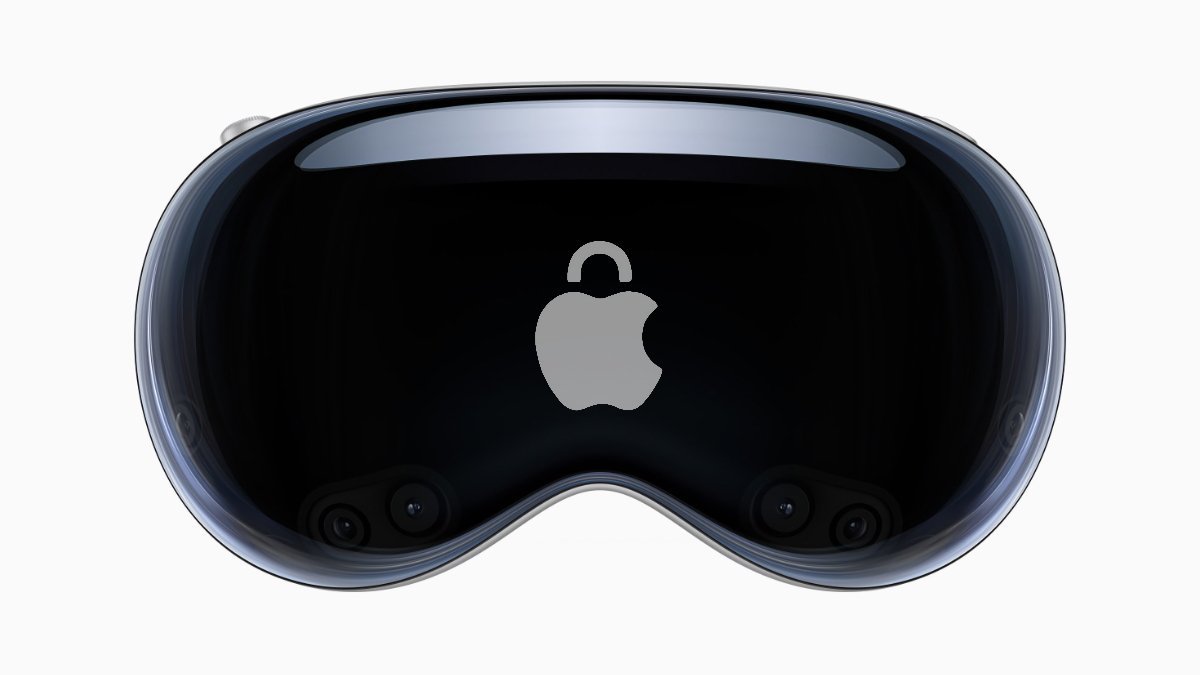

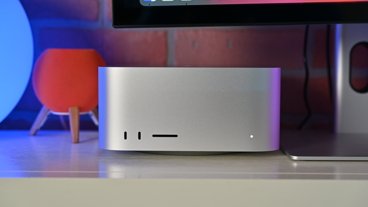





-m.jpg)





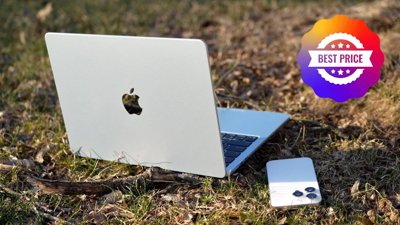
 Christine McKee
Christine McKee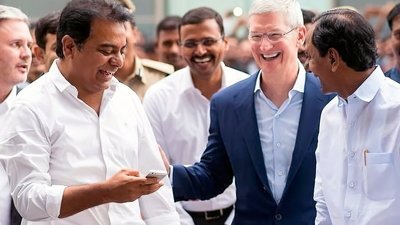
 Malcolm Owen
Malcolm Owen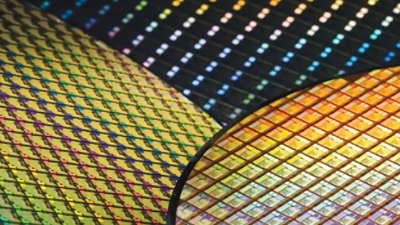
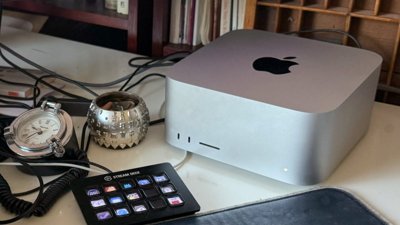




 Wesley Hilliard
Wesley Hilliard



-m.jpg)



2 Comments
or similar companies like Nikon or Sony or maybe companies in the medical area down the road? But open season for Google, Meta, Microsoft, Spotify no way.
Microphones and other sensitive sensors should also be off limits without the user's permission.